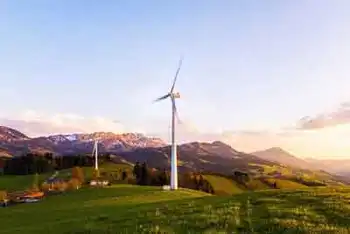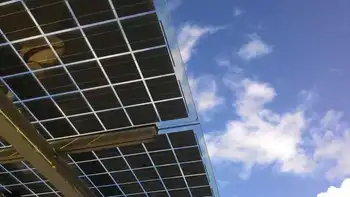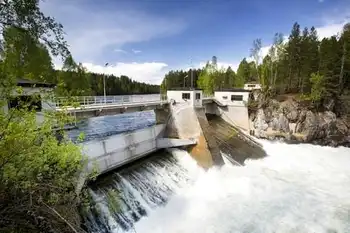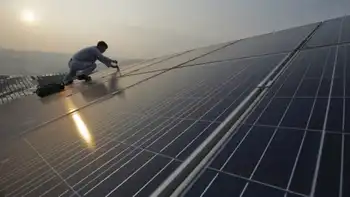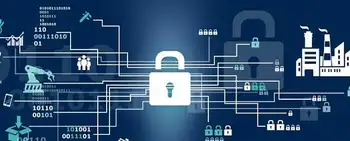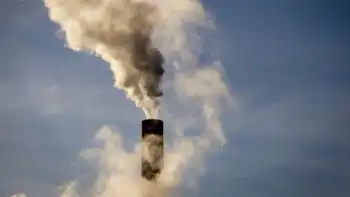Interest in nuclear plants on the rise
By Knight Ridder Tribune
Protective Relay Training - Basic
Our customized live online or in‑person group training can be delivered to your staff at your location.

- Live Online
- 12 hours Instructor-led
- Group Training Available
"Every kind of energy has its issues," said Ralph DeSantis, communications manager at the Three Mile Island nuclear power plant near Harrisburg. The risks associated with nuclear power appear to be more dramatic than the risks associated with other forms of electricity generation, but Mr. DeSantis said there is a place for nuclear power in the nation's energy package.
"There is a resurgence of interest," Mr. DeSantis notes, "especially in the South and the southwestern parts of the country where there is a lot of growth." He attributes interest in nuclear energy to the need for more electricity and to the concern about greenhouse gases.
Incorporating nuclear energy into the nation's energy portfolio can cut down on greenhouse gas emissions, decrease dependence on limited reserves of fossil fuels and bolster national security by promoting energy independence. According to the Nuclear Energy Institute, nuclear power is the leading form of electricity generation that has zero greenhouse gas admissions.
However, most environmental groups remain wary of including nuclear power in the nation's energy future.
"As far as we're concerned, nuclear and so-termed clean coal are not clean forms of energy," said Sam Pearson of the Local Action Network, based in Lewisburg.
"They're different than what we have now, but they're worse."
LAN cites waste material and the problem of proliferation as the primary reasons against supporting nuclear power. "We have just 104 nuclear power plants currently. We would need 800 if we replaced all our energy and fuel needs with nuclear energy and hydrogen fuel," Ms. Pearson said. That is the kind of nuclear proliferation that we do not want, she argues.
Furthermore, those additional nuclear plants would produce extra waste that will "poison our earth for a very, very long time." LAN contends that nuclear power facilities' attempts to make themselves familiar to citizens is a disingenuous play on fears.
As the rush to replace traditional forms of electricity generation becomes more and more frenzied, people's anxieties will grow, Ms. Pearson said. And because nuclear power operators are making themselves visible now, people will become comfortable with them and will forget the dangers of nuclear power, she added.
Joe Scopelliti, a former science teacher who now serves as regional community relations director for PPL, said that nuclear energy "is worth going on," and PPL has discussed plans to do just that. Currently, the utility's proposal to add a third reactor to the Susquehanna Nuclear Power Plant is in its early stages.
"We don't even know where the third reactor would go yet, but we have to get on the queue now if we think a third reactor is a possibility in the future because it takes a very long time," said Luis Ramos, community relations manager at Susquehanna. Although the plans for a third reactor at Susquehanna are not definite yet, one thing is known for sure: expansion of nuclear facilities at Susquehanna and elsewhere will be a point of contention.
Chapters of the Sierra Club, LAN, TMI Alert and other groups have already started to protest. Proponents of nuclear energy, however, argue that given U.S. electricity demands and the safety with which nuclear energy can now be created, the country cannot afford not to consider expansion of the technology.





